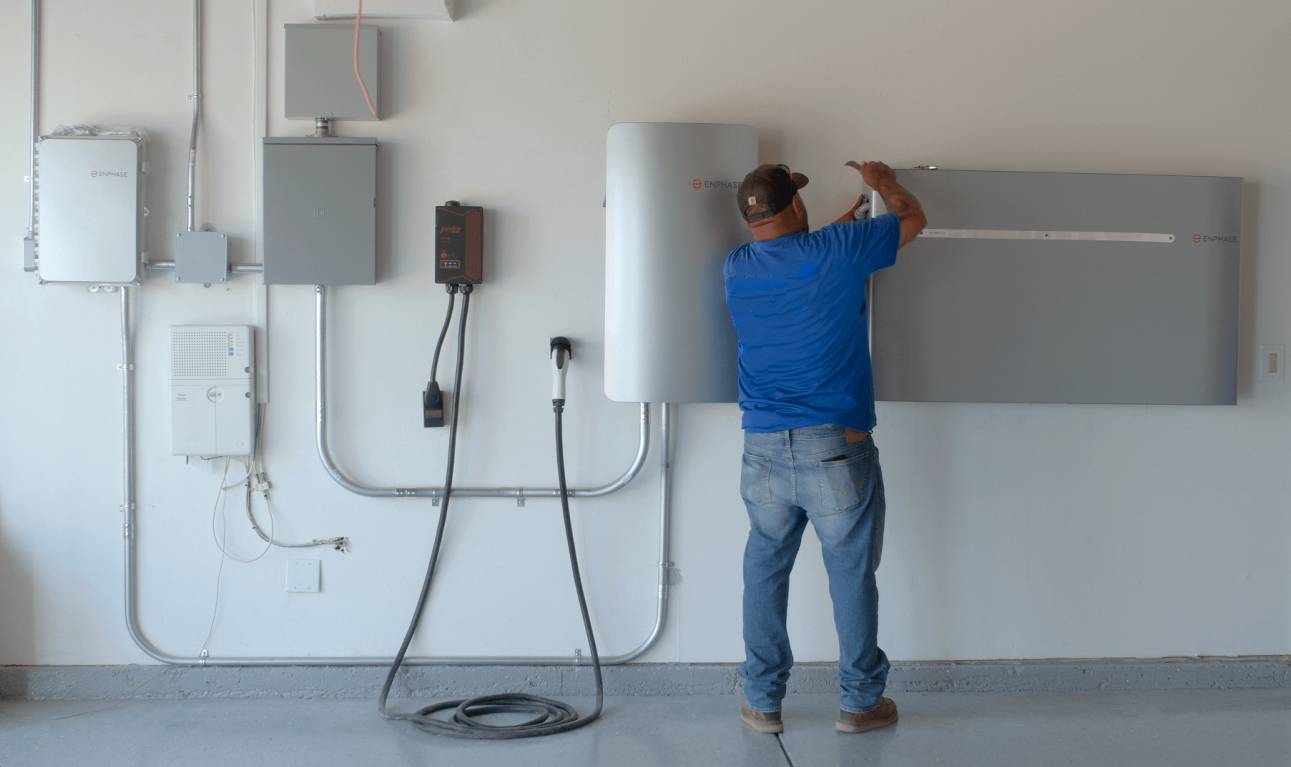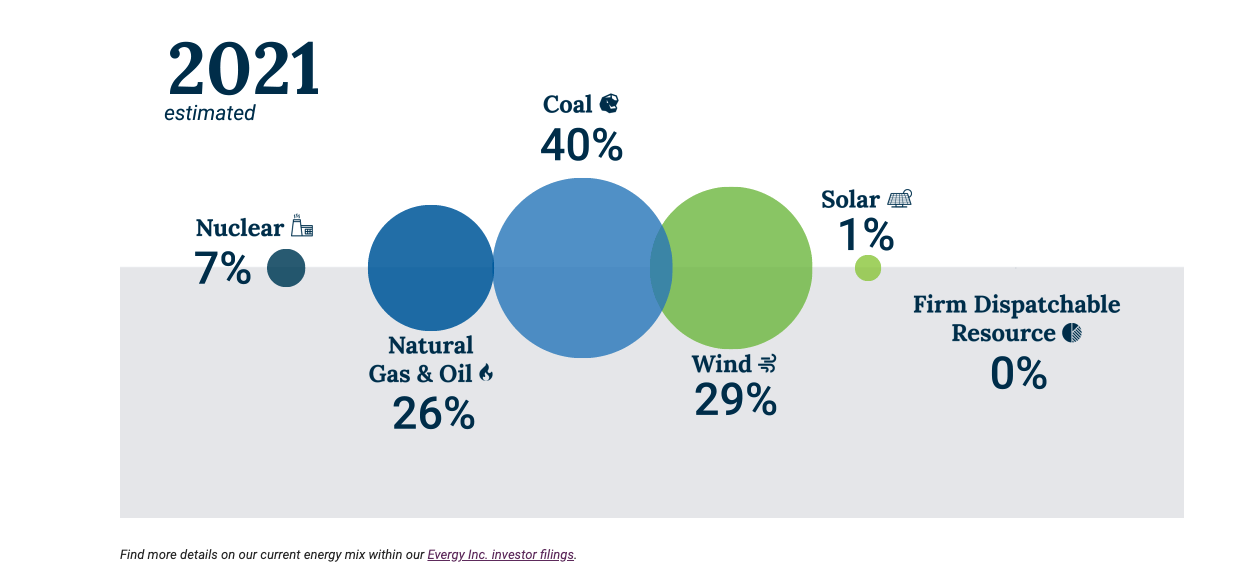
The Sun is Shining on Solar Energy: Understanding Kansas City's Peak Hours
Going Solar? Here's How Many Hours of Sun Your Panels Need & Why Micro-Inverters are Key
In Kansas City, the average peak sun hours vary throughout the year, with an average of 4.6 peak sun hours per day in December and an average of 6.3 peak sun hours per day in June. These variations in peak sun hours throughout the year make it essential to install the appropriate number of solar panels to generate enough electricity to power your home or business year-round.
When it comes to determining the type of inverter to use in your solar panel system, there are two main options: micro-inverters and central inverters. A central inverter is a single device that converts the direct current (DC) electricity produced by all the solar panels in the system into alternating current (AC) electricity, which is used by appliances and devices in your home or business. In contrast, a micro-inverter is a smaller device installed on each individual solar panel, converting the DC electricity to AC electricity at the panel level.

The Future of Solar Energy: Battery Storage and Its Role in Sustainability
This article looks at the future of solar energy and the potential role of battery storage in promoting sustainability. It examines the current state of battery storage technology and explores emerging trends and innovations. It also discusses the environmental impact of battery production and usage and evaluates the ethical and sustainability implications of cobalt mining. The article concludes by highlighting the potential benefits of battery storage for promoting sustainability but also emphasizes the need for careful evaluation and consideration of the costs and environmental impacts.

Why is my Evergy Bill getting more expensive?
Evergy Missouri Metro and West have received approval for rate increases from the Missouri Public Service Commission. The rate increases will allow the companies to raise rates by approximately $25 million and $30 million, respectively. This will result in an average increase of approximately 4% from previous years, with residential customers seeing an increase of approximately $3.75 to $4.50 per month, depending on their service area. The increases began taking effect on January 9, 2023, and are intended to finance infrastructure improvements that enhance reliability, expand cleaner energy options, and offer more electric rate options. The approval of the rate increases highlights the importance of proactive steps homeowners can take, such as investing in renewable energy sources like solar and reducing energy usage, to protect themselves from rising energy costs.

